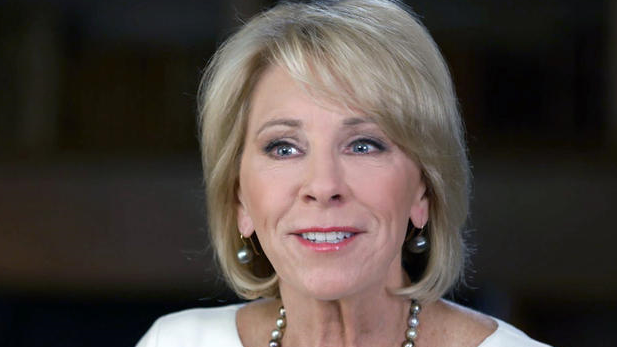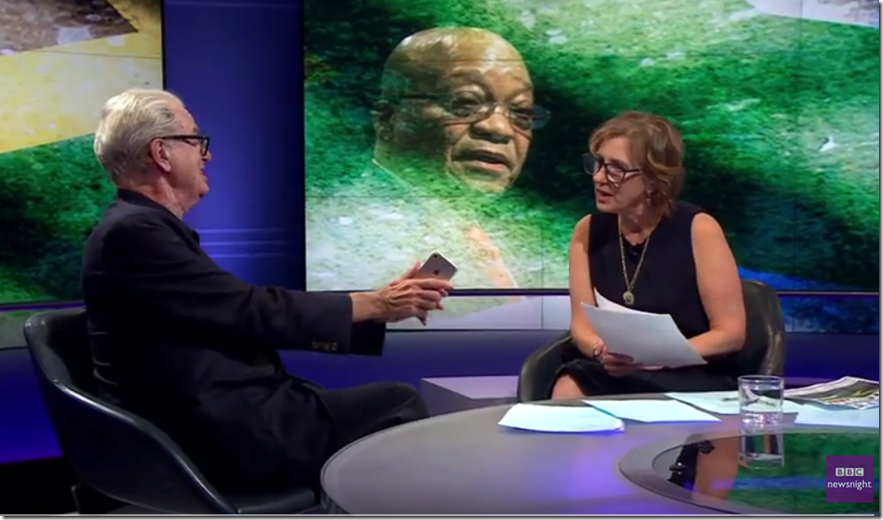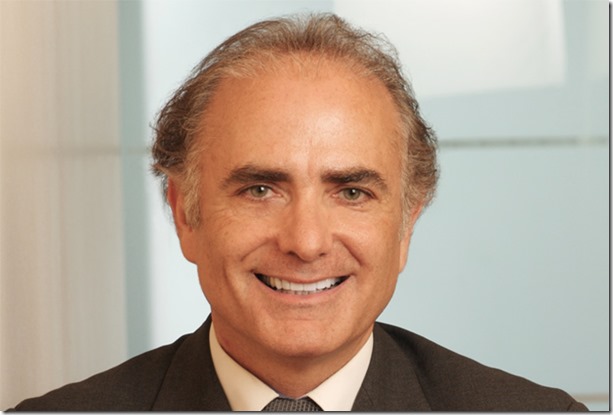A Spokesperson’s "Deer In Headlights" Moment
If there’s one thing that terrifies our media training clients the most, it’s the fear of going blank and getting that panicked “deer in headlights” look.
I found the media disaster clip below on a blog maintained by England’s James Crawford, a PR practitioner in Manchester. It took some research to determine the story behind this video – and I still couldn’t track down all of the details. But I think I’ve come close.
It seems that Great Britain has a history of fringe parties appearing on the ballot. Parties including the “Monster Raving Loony Party,” the “Rock n’ Roll Loony Party,” and the “Legalise Cannibas Party” have all graced British ballots.
In the run-up to the 2001 British election, several fringe candidates named their parties using the names of commercial companies. One such party was the “That’ll Be The Daewoo Party,” named for the Korean car manufacturer. The company’s tongue-in-cheek campaign was intended primarily as an advertisement, but one that highlighted real transportation issues.
I was not able to positively identify the spokesperson in the clip below, but the party’s candidate was a 26-year-old television presenter named Liz Fraser. (Video is no longer available.)
Reporters regularly ask this type of question of issue advocates and political candidates, and all spokespersons should have an answer prepared. Take a look at the transcript below:
Question: “If you’re putting the money into transport infrastructure, where else would you cut the money from?”
Answer: “Uhhh, okay, you got me there. Hang on a minute.”
Whenever spokespersons don’t know an answer during a live interview, they can avoid that panicked moment by bridging back to one of their main messages. In this case, the spokesperson could have just bridged to one of her main messages with a response like the one below:
“Well, it’s important to remember that motorists have been paying road taxes for years, but they haven’t been getting results. So the question isn’t what should get cut, but why motorists have been left behind for so many years. I want to fix that problem.”
If the reporter persisted, she could have said:
”The question of what else to cut is an important one, and if elected, I will consider all proposals for cuts that make sense. But my absolute priority is getting better results for drivers who have been paying their fair share for years, and that’s a basic principle I am not willing to compromise on.”
If you represent a nonprofit organization or government agency – or if you engage in issue advocacy – I recommend you develop a similar answer to this question: “What would you cut to fund your project?”
Related: The Ten Worst Media Disasters of 2010
Related: The Three Questions Reporters Always Ask


